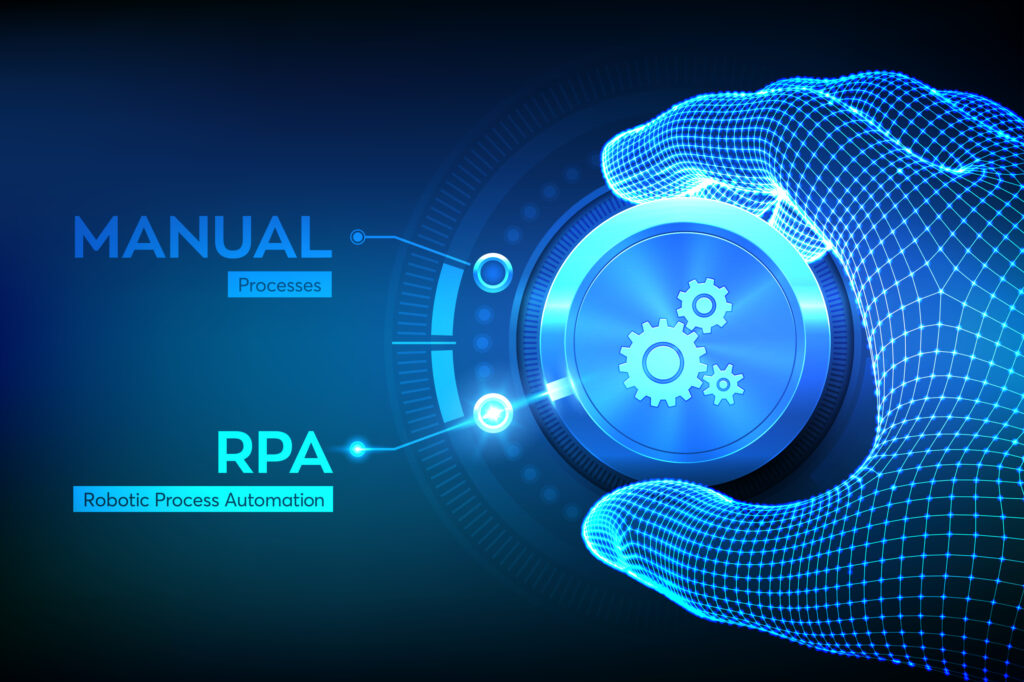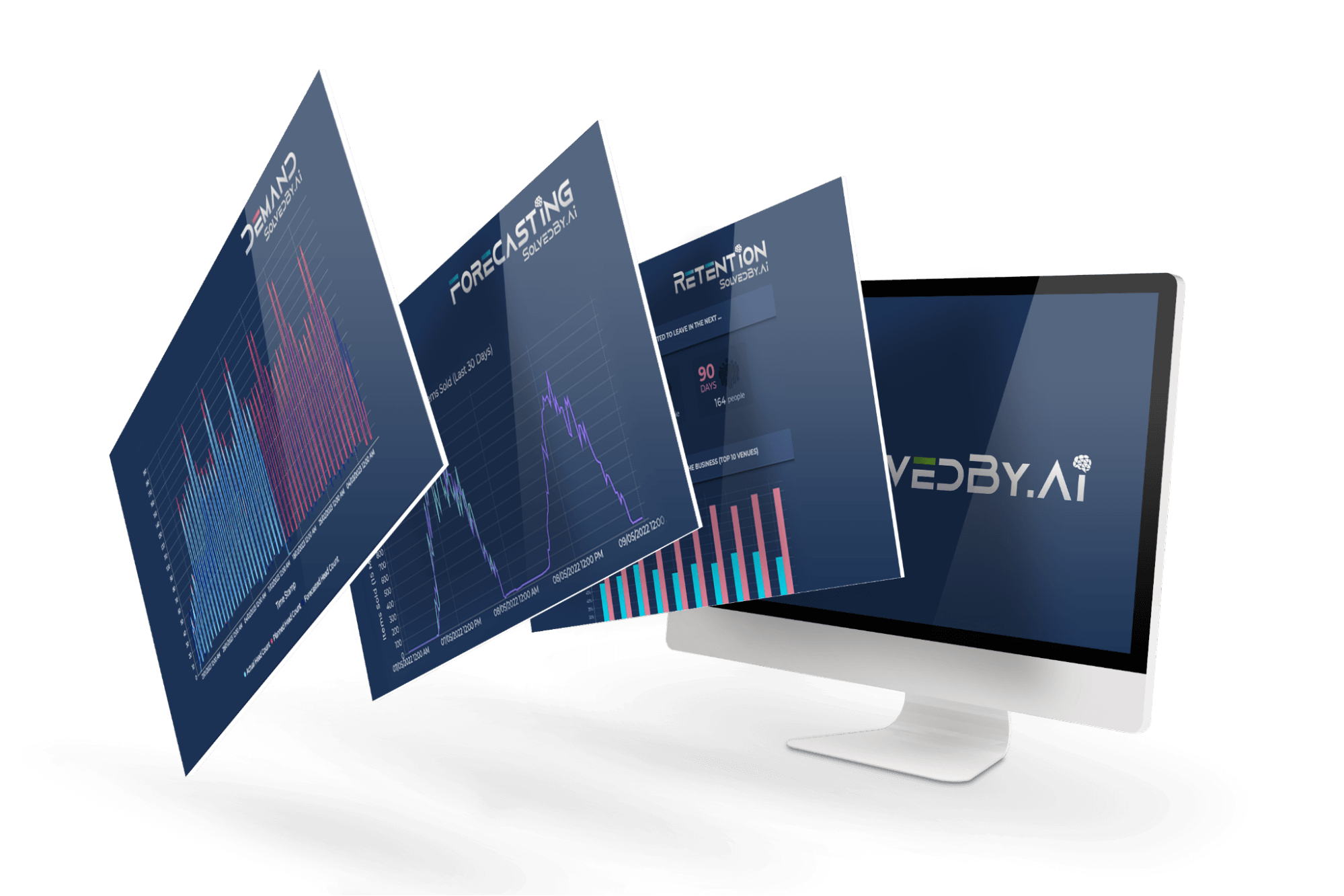In this article, we try to answer your questions so that you can have a great understanding of what robotic process automation is and what functions it performs, and how it can help you improve the operation of your organization.
What is the definition of Robotic Process Automation?
Robotic process automation is a business process automation technology based on artificial intelligence. It is used to automate workflows and processes around the transfer and processing of data, often in large quantities.
What can Robotic Process Automation help you with?
Robotic process automation streamlines workflows mostly with data. These processes are often repetitive and mundane. Robotic process automation can scale much easier than humans and is often more reliable and less prone to errors.

What are the main examples of Robotic Process Automation?
There are many processes, large and small, that can be automated using Robotic Process Automation. Here are some of the most regular use cases:
- Data Transfers
- Website Scraping
- Processing Orders
- Software testing
- Customer Complaints
- Document management
- Payroll Processing
- System build and deployment
- Call Centre Operations
- Trading and arbitrage
Where will I find Robotic Process Automation in an organization?
RPA is often used to support integrating two software systems containing data and business logic. It could be used to extract some data, perform some calculations and then transfer it to another system where you can use it.
As the name suggests, such a process would be fully automated.
What are the benefits of Robotic Process Automation?
Robotic process automation offers businesses many advantages and benefits. Here are some of the key ones.
- Productivity: The automation of mundane tasks will increase the output per person.
- Customer focussed: Why should your customer wait for an answer or a service? Automating the process gives quick and accurate responses to customers.
- Efficiency: An RPA is nearly always cheaper than using people.
- Reliable: A bot is less error-prone than a human in most cases. Some RPA use cases, such as web scraping and UI testing, can fail when software changes but are still highly reliable.
- Security: Automation removes human interaction and reduces the number of people accessing sensitive information.
- Scale: Access to large cloud platforms and serverless technology also allows infinite scalability for RPA.
- Analytics: RPA is suitable for in-depth analysis of your business process in a way that data manipulated by humans isn’t.
What are the types of Robotic Process Automation?
There are two main robotic process automation types: attended and unattended automation. Some people classify a third type of automation, Hybrid, involving both attended and unattended automation.
- Attended Automation: This type of bot is managed by a human who is involved in decision-making and starting and stopping the processes.
- Unattended Automation: This type of bot is fully automated.

What is the difference between Robotic Process Automation and Data Engineering?
RPA can be any process that automates data workflow, whereas data engineering is a narrower field that supports data infrastructures.
Are there tools available to implement Robotic Process Automation?
In recent years there has been an exponential growth in the demand for RPA tools. There are various tools available in the market to implement RPA, and three types of tools are available.
- Dedicated RPA Systems: These tools are used by organizations to define the workflow of the task that needs to be automated using RPA and then automate the process. They often integrate into well-known ERP and other applications.
- Embedded automation: Many software tools embed some level of automation into their system, for instance, CRM tools. These allow you to “create automations” such that when a customer completes an action, you can automatically change their status and lead score and make them part of a lead nurturing program. Many other software tools allow similar automation to be customized in a “no code” or “low code” way.
- Bespoke RPA: Many development firms will offer to build custom automations.










